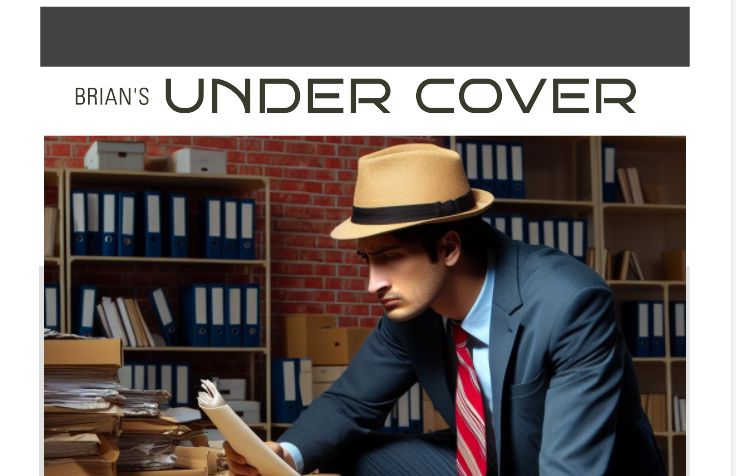How do I become a great podcast guest?

P odcasting has been around for quite a while now and while it might not be the number one way a writer thinks of getting noticed it's a great way to have your voice heard. A podcast can quickly reach thousands of ears and is a way to discuss your latest projects as well as your own personal brand. Appearing as a guest on a podcast also gives the impression that you are an expert in your field since you are representing that field as a guest. I was the host of the Paranormal News Insider podcast/radio show for almost 15 years with a total of 534 episodes. The show appeared on several networks including an AM radio station in the Columbus, Ohio, metro area. I was also a host and co-host on other podcasts through the years. My experience also extends to the other side of the mic as a guest on dozens of podcasts on paranormal topics based on my experience as a paranormal researcher as well as a writer and speaker at conferences and conventions. Part of being a host (and a guest...






